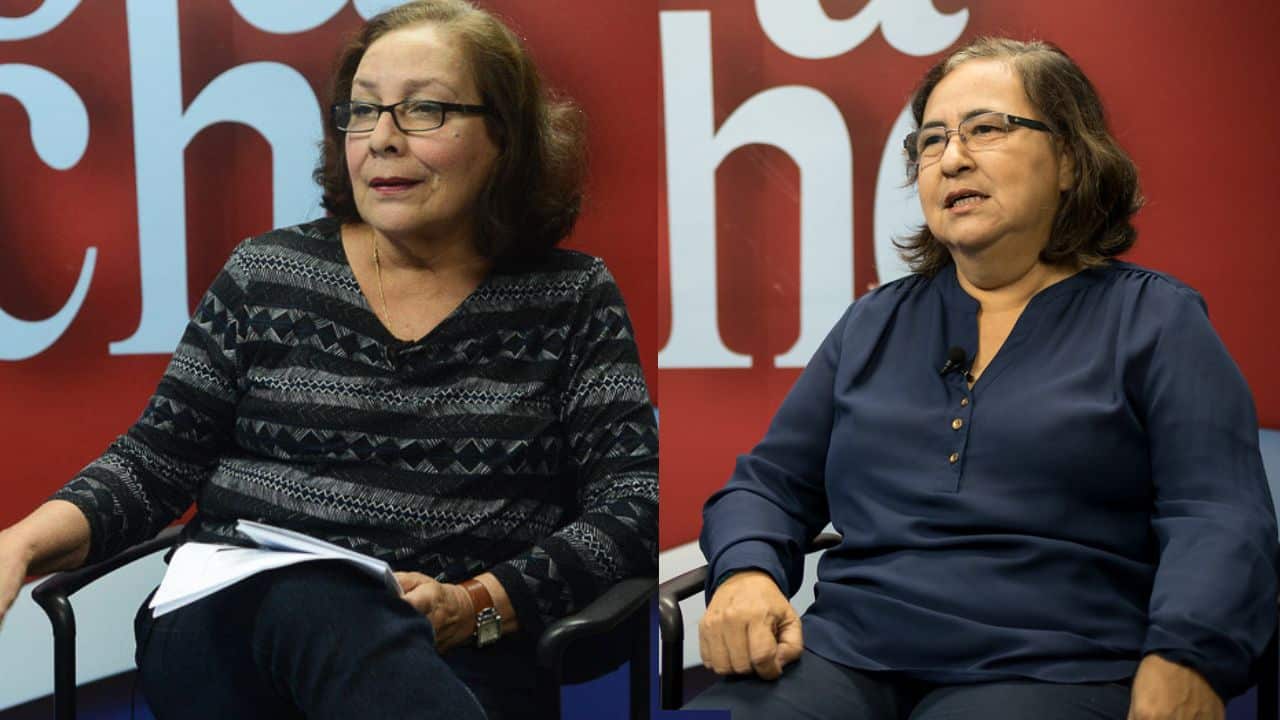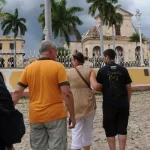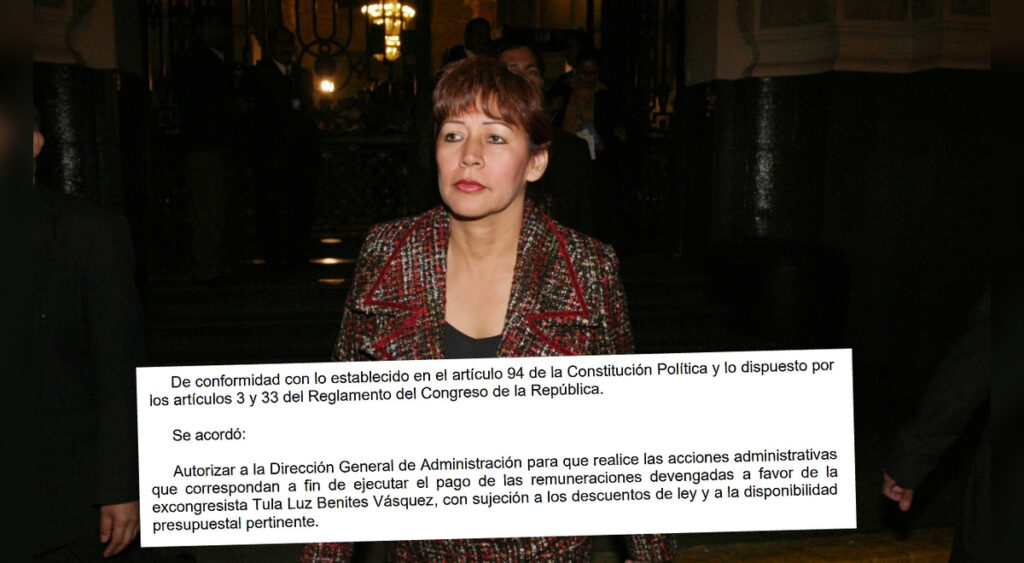The journalist Sofía Montenegro and the lawyer Azáhalea Solís, who went into exile after being stripped of their nationalitysay that staying in Nicaragua for the last five years was an act of “endurance” and “solidarity” to support, even from their homes, the families of the victims of the regime of Daniel Ortega and Rosario Murillo.
“It was a political decision to stay or resist, and accompany the relatives of political prisoners and, of course, the compañeras who were political prisoners, that was a decision we made consciously,” Solís says.
Both suffered police harassment until the last day. Therefore, the raid that occurred on February 17, in the apartment complex where they lived, was not a surprise. “We knew that that night, minimally after the sentence was read, we had the Police on us, there was only time to go out with the hood and leave the house on, he kept everything, all the household items intact. I just grabbed my bag and my papers and we left, because we couldn’t wait any longer”, explains Montenegro.
Solis remembers on June 13, 2021, when opponents Dora María Téllez was arrested, Víctor Hugo Tinoco, Suyen Barahona and Ana Margarita Vijil, all members of the Renewing Democratic Union (Unamos), spent the day in suspense, waiting for them to arrive for them. The apartment complex where they lived was surrounded by police, for which they remained dressed and with their shoes on, in case they decided to enter and take them away.
It was like being home from jail
The feminists confess that living in Nicaragua, in the last five years, was “hard”. Although they were not imprisoned, they did suffer from police harassment, which prevented them from having a normal rhythm of life. They could not go anywhere without being persecuted, even the person who occasionally helped them with housework was followed.
“To begin with, we had to try not to scratch the walls so as not to go crazy (…) It was impossible to do absolutely nothing, much less go out after five in the afternoon, go for a walk or exercise in the street because we could be kidnapped, so we went these almost five years with the house literally in jail”, says Montenegro, who despite her situation was still active on social networks.
Two days after the regime stripped 94 Nicaraguans of their nationality, including Solís and Montenegro, The Attorney General’s Office together with the Directorate of Special Operations (DOEP) confiscated the 16 apartments of the “Amazonia” housing complexwhere they both lived. DOEP officers searched her apartment and it was later learned that the rest of the tenants were told they had to pay $500 to stay in their homes.
“According to what they have told me, people were given time to leave because, it seems, they have refused to pay the rental fee, which the State now wants to charge them. They even called the Attorney General’s Office for the third time asking how much they were willing to pay and it seems that the majority told them that not even a peso, so they have to evict”indicated the journalist and researcher.
He adds that among those affected there are people related to the regime. For her, this situation has been “barbaric” because they are citizens who have lived there for between 30 and 40 years.
“I could have understood that they had confiscated me, but 16 apartments is something really amazing and on top of that, trying to charge for something that they already paid for,” he stresses.
Ortega’s relationship with the Catholic Church
This week, Pope Francis described as a “Hitlerian dictatorship” to the Government of Nicaragua, whose top leader, Daniel Ortega, commented —“with great respect”— that he suffers from “an imbalance”. The journalist Sofía Montenegro believes that these statements show a break between the Church and the regime of Daniel Ortega.
“The Pope, it seems to me, had given the matter quite a long time. They had expelled the announcement, and this is the last straw, not only have they exiled half the Church, they don’t even let out the Holy Week processions and on top of that they have “kept” a bishop in one of the most infamous prisons that there is in Nicaragua, I believe that the break with the Church is complete with that declaration of the Pope”, says Montenegro.
However, he adds that despite the position of the Holy Father, he does not believe that there will be major changes in the Church in Nicaragua. “What I do believe is going to happen is that this is going to give enormous wings to the entire Church in Latin America and in the world, which had already been pronounced by all the episcopal conferences of each country. If from a long distance it seemed, up close there is no doubt”.
CONFIDENTIAL revealed this Sunday that Ortega ordered the suspension of diplomatic relations with the Holy Seethe highest institution of the Catholic Church in the world.
Victims have more resources to denounce
Regarding the report published by the UN Group of Experts, before the United Nations Human Rights Council, in which confirms crimes against humanity and extrajudicial executions against NicaraguansSolís believes that victims now have more resources to denounce internationally.
“This latest report complements, in a much more global way, the report that was published in 2018 by the GIEI; but this one is saying we have the proofs. I mean, that’s the vital element. They have safeguarded a series of tests, because many of the Nicaraguan citizens know who the perpetrators of the crimes that were committed were, the material perpetrators”, he highlights.
“All these facts: the murders, the forced disappearances, the displacements, the torture, the ill-treatment and now the issue of denationalization and exile are crimes, practically crimes against humanity, that Nicaraguans who feel they are victims of this can go to quite easily before universal justice”, he affirms.


















